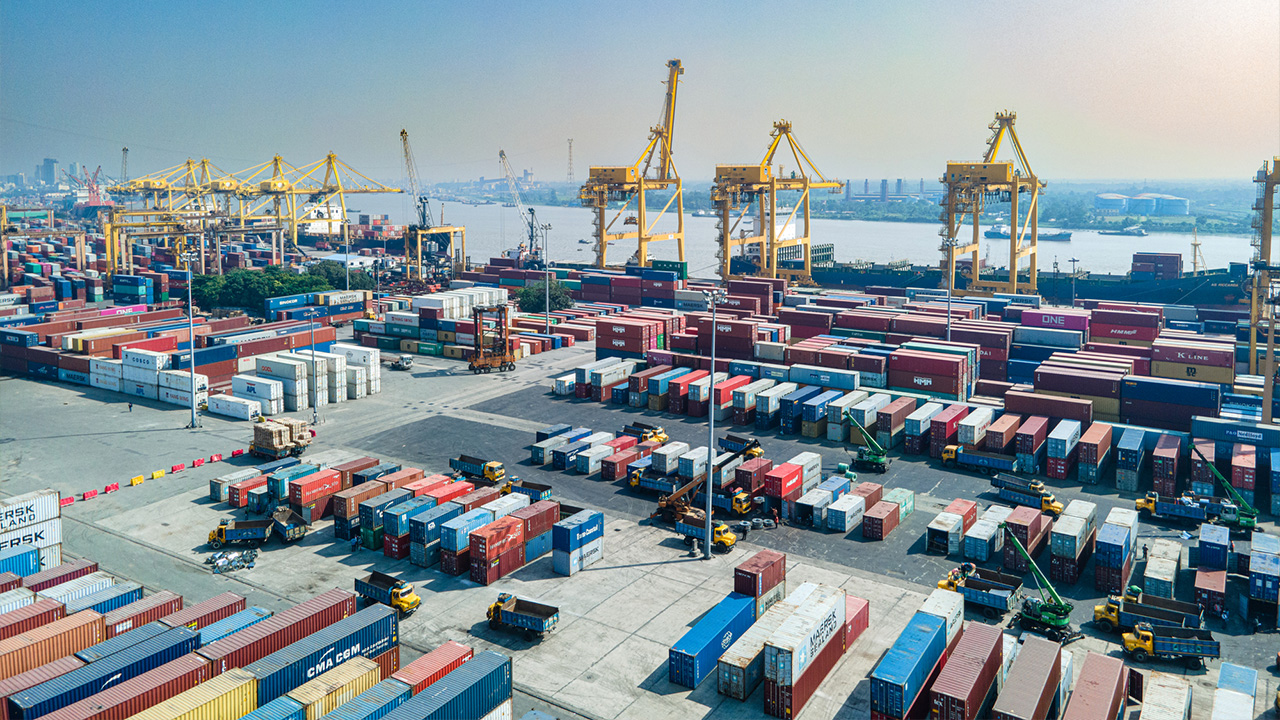
Logistics for Defence Projects: Ensuring Precision and Security
Introduction to logistics in defence projects
Logistics for Defence Projects is a critical component that shapes the success of military operations. Behind every successful mission, there's an intricate web of planning and coordination ensuring that resources are in the right place at the right time. The stakes are high; precision can mean the difference between victory and failure. As threats evolve, so do the strategies to tackle them, making logistics not just a support function but a vital part of defence strategy.
From transportation routes to supply chain management, every detail matters in this complex arena. With national security on the line, understanding how to navigate these challenges efficiently becomes paramount. This blog will delve into essential considerations for maintaining precision and security within defence project logistics while exploring innovative solutions that pave the way for future advancements.
Key considerations in ensuring precision in defence project logistics
Precision in logistics for defence projects is paramount. Every detail matters when coordinating complex operations.
One key consideration is accurate forecasting. Anticipating needs ensures that materials and personnel are available at the right time and place. This helps to avoid costly delays or shortages.
Another critical aspect is meticulous inventory management. Tracking equipment, supplies, and parts enables teams to maintain control over assets. This reduces waste and improves efficiency.
Communication also plays a pivotal role. Clear lines of dialogue between all stakeholders facilitate quick decision-making and problem-solving during unpredictable scenarios.
Training personnel on precision protocols cannot be overlooked. Well-prepared teams can navigate challenges more effectively, ensuring that every logistical movement aligns with project objectives.
Security measures in defence project logistics
Security in defence project logistics is paramount. The stakes are incredibly high, and any breach can have dire consequences.
To safeguard sensitive information, encryption methods play a critical role. Data transmission must be secure at every stage, ensuring that classified details remain inaccessible to unauthorized personnel.
Physical security measures are equally important. Access control systems and surveillance technologies help monitor facilities housing essential supplies and equipment. This multi-layered approach protects against threats both external and internal.
Moreover, regular training for staff on security protocols enhances awareness of potential vulnerabilities. A well-informed team is the first line of defense against risks.
Collaboration with government agencies also strengthens security efforts. Sharing intelligence allows for improved threat assessments and coordinated responses to incidents when they occur.
In an era where cyber threats loom large, integrating cybersecurity into logistics planning cannot be overlooked either. It ensures comprehensive protection across all facets of defence operations.
The role of technology in enhancing precision and security
Technology plays a pivotal role in logistics for defence projects. Advanced software solutions streamline the planning and execution of supply chains, ensuring that every component is delivered on time.
Real-time tracking systems offer visibility throughout the logistics process. This capability allows project managers to monitor shipments and respond promptly to any disruptions, enhancing precision.
Moreover, automation has transformed inventory management. Robots and drones are increasingly employed to transport supplies within facilities or even across battlefields. Their efficiency reduces human error significantly.
Data analytics also contribute greatly by providing insights into patterns and trends. These insights help in making informed decisions about resource allocation and risk management.
Cybersecurity measures have become paramount as technology advances. Protecting sensitive information from breaches ensures operational integrity remains intact while maintaining the confidentiality required in defence projects.
Case studies: Successful defence project logistics strategies
One notable case study is the logistics operation behind the F-35 Lightning II program. Coordinating maintenance, parts distribution, and personnel training across multiple countries posed a significant challenge. The integration of advanced supply chain management tools enabled real-time tracking of components, ensuring precision in delivery.
Another example is the U.
S. Army's Integrated Logistics Support (ILS) strategy for ground vehicles. This approach focuses on predictive maintenance and efficient resource allocation. By using data analytics, they improved equipment readiness rates while reducing costs.
The UK’s Defence Equipment & Support (DE&S) agency also exemplifies successful logistics by implementing a collaborative framework with private sector partners. This partnership not only enhanced operational efficiency but also streamlined procurement processes.
Each of these cases highlights innovative strategies that prioritize accuracy and responsiveness in defence project logistics, ultimately strengthening national security efforts around the globe.
Challenges faced in defence project logistics
Defence project logistics encounters a myriad of challenges that can significantly impact operations. One major hurdle is the unpredictability of supply chains. Disruptions, whether from geopolitical tensions or natural disasters, can lead to delays and shortages.
Another pressing issue involves stringent regulatory requirements. Compliance with various national and international laws adds complexity to every shipment and procurement process.
Additionally, coordinating multiple stakeholders—such as government agencies, contractors, and suppliers—can create communication breakdowns. Misalignment in objectives often leads to inefficiencies.
Maintaining security poses its own set of obstacles. Protecting sensitive materials from theft or cyber threats demands constant vigilance and sophisticated measures throughout the logistical chain. Each challenge requires careful consideration to ensure mission success in Logistics for Defence Projects.